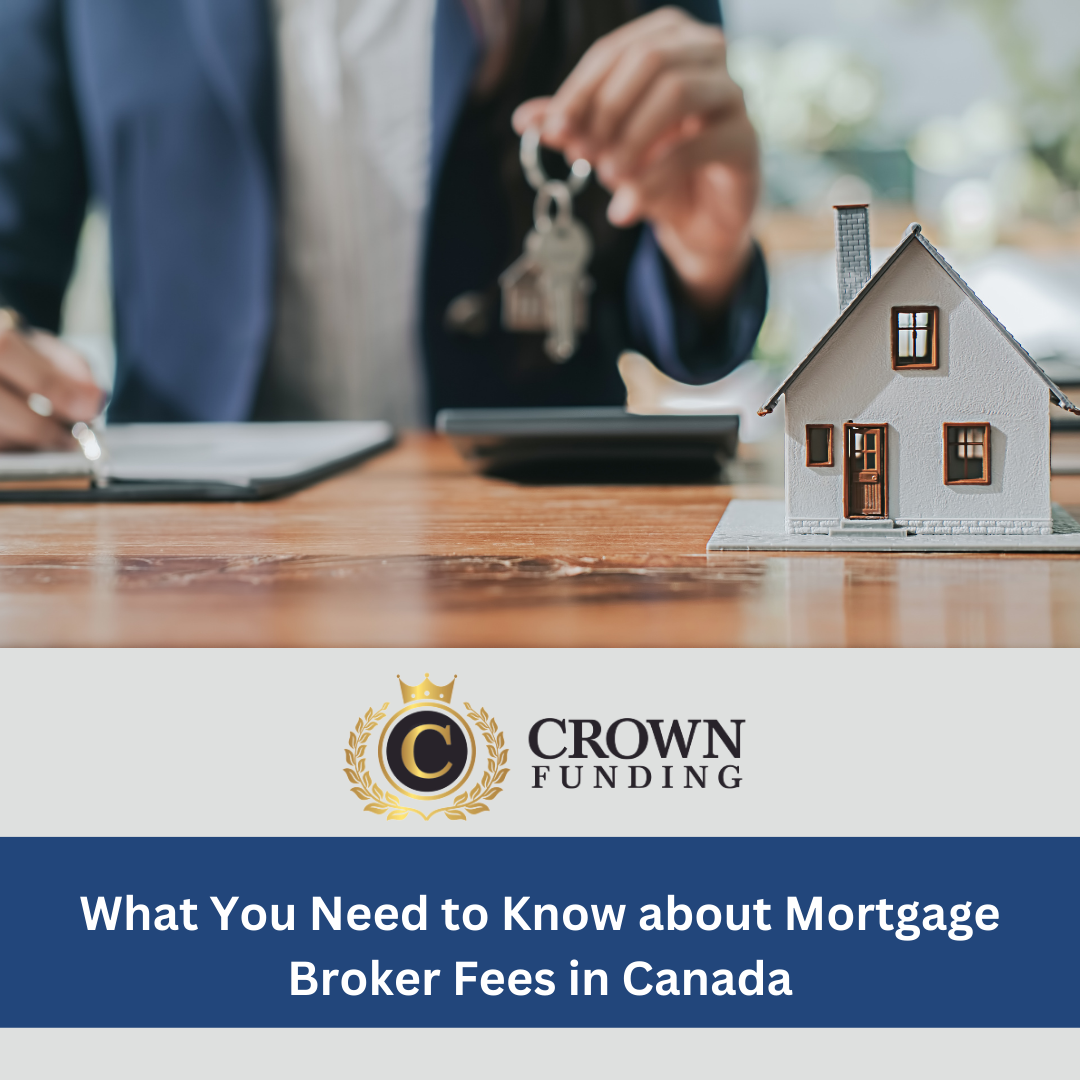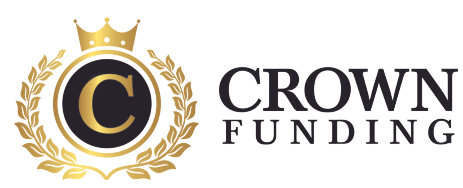
What You Need to Know about Mortgage Broker Fees in Canada
When it comes to obtaining a mortgage in Canada, many individuals turn to mortgage brokers for their expertise and assistance. Mortgage brokers act as intermediaries between borrowers and lenders, helping individuals find the most suitable mortgage options. However, it’s essential to understand the fees associated with working with a mortgage broker before you embark on this journey. In this blog, we’ll delve into the world of mortgage broker fees in Canada, shedding light on their types, average costs, and factors to consider. If you’re looking for a reliable mortgage broker, Crown Funding (https://crownfunding.ca/) can assist you in finding the right financing solution tailored to your needs.
1. What is a Mortgage Broker?
A mortgage broker is a licensed professional who serves as an intermediary between borrowers and lenders. They assist individuals in finding the most suitable mortgage options by comparing loan products from multiple lenders. Mortgage brokers analyze their clients’ financial situation, assess their needs, and provide guidance throughout the mortgage application process.
2. Types of Brokerage Fees
Mortgage broker fees can vary depending on the broker and the services they provide. Here are some common types of mortgage broker fees you might encounter:
1. Origination Fee: This fee is charged by the mortgage broker for their services in originating and processing the mortgage application. It typically ranges from 0.5% to 2% of the loan amount.
2. Application Fee: Some mortgage brokers charge an application fee to cover the administrative costs associated with processing the loan application. This fee is usually non-refundable and can range from a few hundred to a few thousand dollars.
3. Administration Fee: This fee covers the administrative costs incurred by the mortgage broker throughout the loan process. It can include document preparation, credit checks, and other administrative tasks. The administration fee is typically a flat amount ranging from $200 to $500.
4. Appraisal Fee: Lenders require an appraisal to determine the value of the property being financed. The appraisal fee covers the cost of hiring a professional appraiser to evaluate the property. The fee can range from $300 to $500 or more, depending on the property’s location and complexity.
5. Underwriting Fee: This fee covers the costs associated with the underwriting process, where the lender assesses the borrower’s creditworthiness and evaluates the loan application. It is usually a flat fee ranging from $300 to $800.
6. Brokerage Fee: Some mortgage brokers charge a brokerage fee separate from the origination fee. This fee compensates the broker for their services and expertise. The brokerage fee can vary and is typically a percentage of the loan amount.
3. How Much Do Brokerage fees Cost?
The actual cost of mortgage broker fees can vary based on several factors, including the broker, location, loan amount, and the complexity of the mortgage. On average, mortgage broker fees can range from 1% to 2.5% of the total loan amount. However, it’s important to note that these figures are approximate, and the actual fees can be negotiated with the broker.
4. Factors Affecting Mortgage Broker Fees
Several factors can influence the mortgage broker fees you’ll be charged. It’s crucial to understand these factors to determine the potential costs involved. Here are some key considerations:
- Loan Amount: Mortgage broker fees are often a percentage of the loan amount. As the loan amount increases, the absolute cost of the fees will also rise.
2. Complexity of the Mortgage: If your mortgage application involves complex factors, such as self-employment income, multiple properties, or non-traditional sources of income, the mortgage broker may charge higher fees to compensate for the additional work and expertise required.
3. Credit Score: A lower credit score may result in higher mortgage broker fees. A poor credit score can make it more challenging to find suitable loan options, which may require the broker to invest more time and effort into securing a mortgage.
4. Property Type: Certain property types, such as investment properties or rural properties, may require additional research and due diligence from the mortgage broker. Consequently, the broker may charge higher fees to cover the extra work involved.
5. Are Mortgage Broker Fees Worth It?
While mortgage broker fees add to the overall cost of obtaining a mortgage, their value lies in the services and expertise provided. Mortgage brokers have access to a wide range of lenders and loan products, potentially saving borrowers time and money by finding the most favorable mortgage terms. Additionally, brokers can guide borrowers through the complex mortgage application process, ensuring all necessary documents are in order and facilitating a smoother transaction.
6. How to Choose a Mortgage Broker
When selecting a mortgage broker, it’s essential to consider their reputation, experience, and the services they offer. Here are a few tips to help you choose the right mortgage broker:
- Research online reviews and ratings to gauge the broker’s reputation.
- Inquire about the broker’s experience and qualifications.
- Ask for referrals from friends, family, or colleagues who have recently used a mortgage broker.
- Compare the services and fees of multiple brokers to find the best fit for your needs.
- Ensure the broker is licensed and a member of a reputable mortgage broker association.
Conclusion
Navigating the world of mortgage broker fees in Canada is crucial for anyone considering using their services. Understanding the different types of fees, their average costs, and the factors that can influence them will help you make an informed decision. While mortgage broker fees add to the overall cost of obtaining a mortgage, their value lies in the expertise, access to lenders, and support they provide throughout the process. Crown Funding (https://crownfunding.ca/) is a trusted mortgage broker that can help you find the right financing solution tailored to your needs. Take the time to research and choose a mortgage broker who can guide you effectively and transparently through the mortgage application journey.
